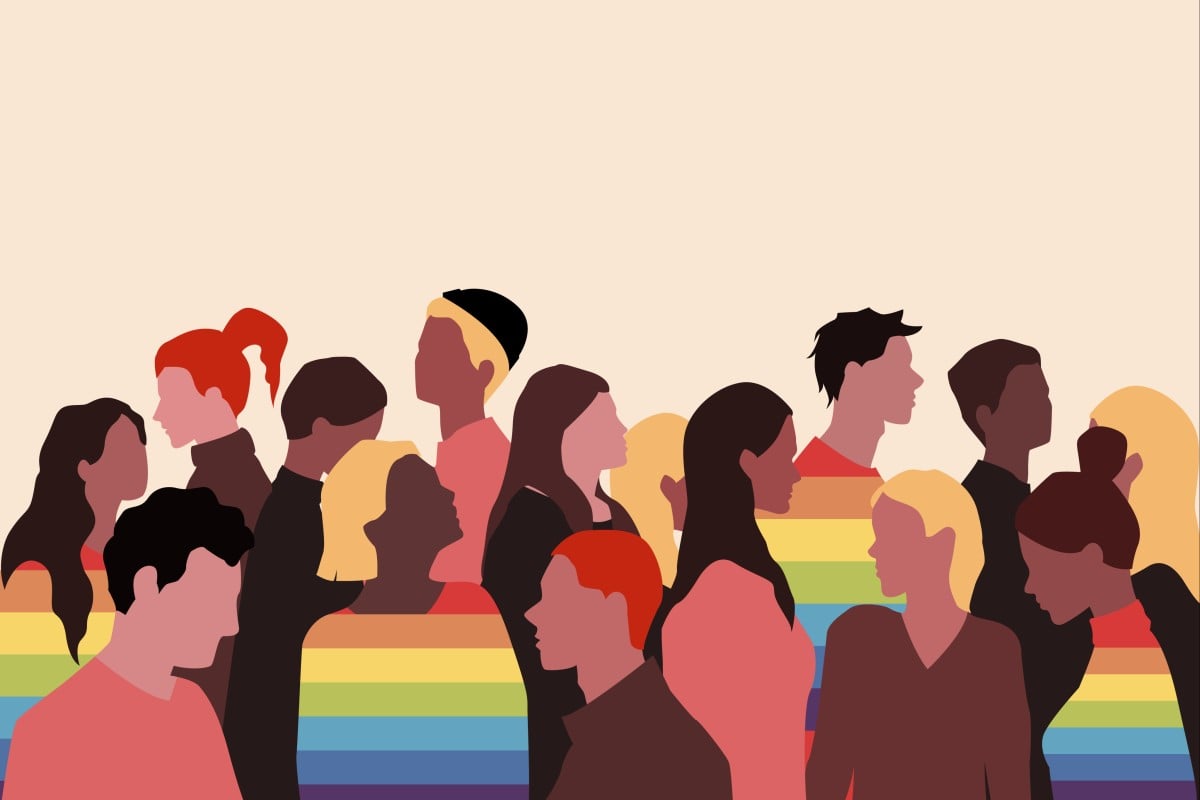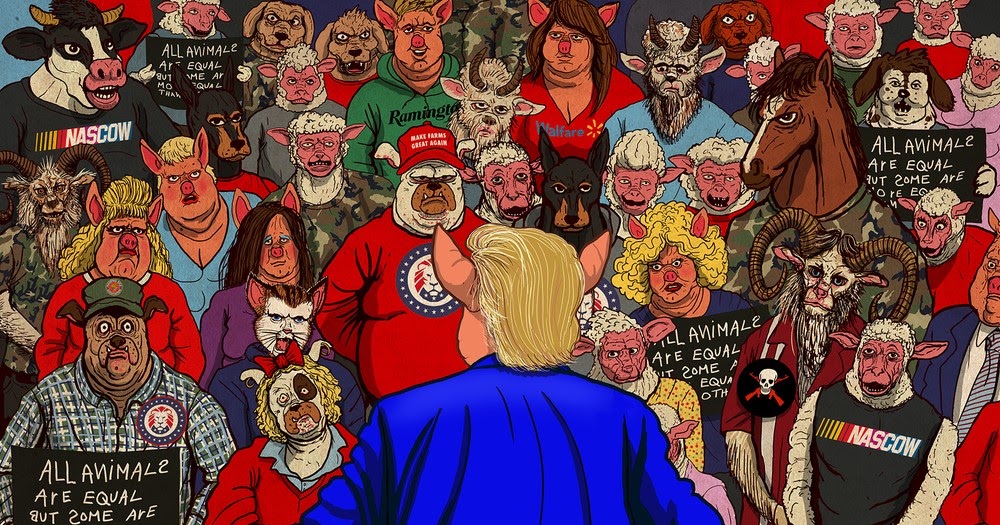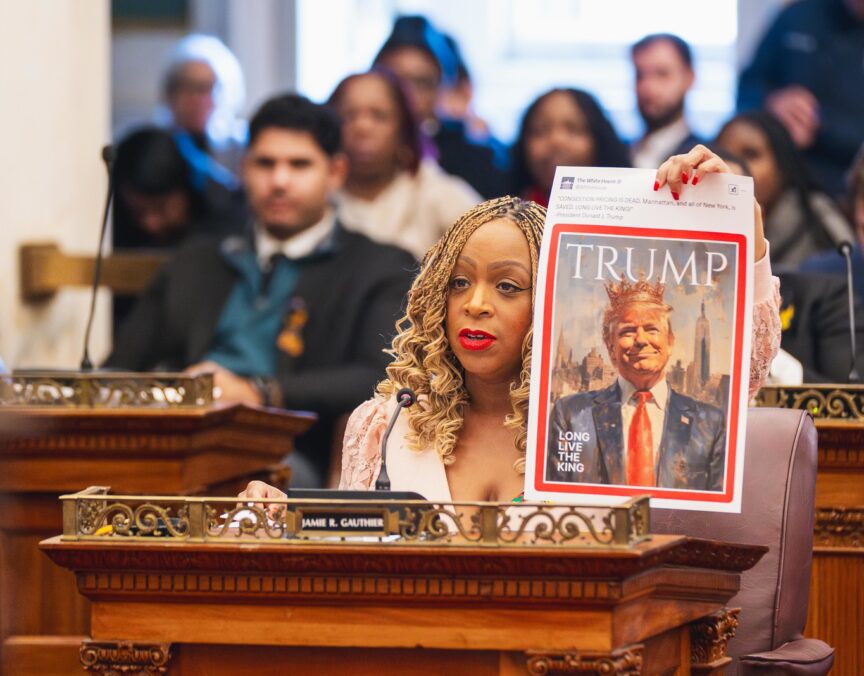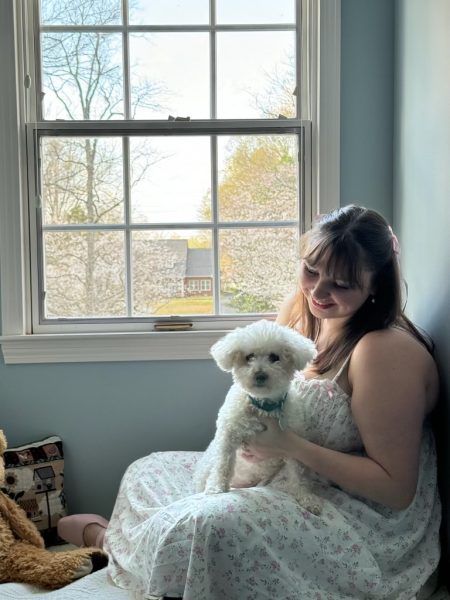Open Instagram or TikTok today, and you’ll see English like you have never seen before. From “She ate” to “le$bian,” LGBTQ+ social media is full of phrases that would make an English teacher’s eye twitch. But these unconventional compliments and phrases are not just random expressions — they are a linguistic transformation. They challenge traditional English, defy algorithms and offer LGBTQ+ communities a distinct and powerful voice.
Historically, Standard English has been the language of power, used in formal institutions, government agencies and educational systems. This article is for anyone scratching their heads over queer slang and wondering why someone would say “She slayed” or use “le$bian” instead of “lesbian.” These terms aren’t just fun expressions; they are part of creative language that reflects a long tradition of marginalized groups shaping English in unique ways to express identity, connect with each other and stand out.
A compliment with a history
A phrase like “She ate” might sound strange to anyone unfamiliar with LGBTQ+ slang. Traditionally, “ate” simply means the past tense of “eat.” But in LGBTQ+ circles, particularly within Black and Latinx ballroom culture, “she ate” has transformed into a high compliment, meaning someone impressed, exceeded expectations or performed exceptionally well. This term was born in the 2000s and gained popularity through the underground ballroom scene, where queer Black and Latinx performers and drag artists took the spotlight, often despite cultural resistance and marginalization.
In this context, “She ate” doesn’t need to follow traditional grammar rules or rely on a literal meaning. Instead, its power lies in the community-based meaning: recognizing someone’s skill, resilience or authenticity. When we understand where it came from, “She ate” becomes a phrase of pride, history and shared culture, rather than just slang.
“Mother” redefined
Similarly, the word “mother” doesn’t have to mean a biological parent. In LGBTQ+ slang, particularly in drag culture, “mother” describes a revered community leader who offers guidance and care. The phrase is about respect, admiration and familial bonds that aren’t defined by biology. “Mother,” as a term of respect, reflects the LGBTQ+ community’s resilience and its creation of chosen family structures. Now, “mother” has expanded to be used as a compliment, meaning “a woman who’s iconic and constantly serves cunt.”
The word “cunt,” traditionally considered vulgar slang for a woman’s genitals, has been reclaimed to mean someone that radiates fierce feminine energy. This is a language that serves, includes and redefines rather than separates.
Breaking rules for visibility
If you’ve noticed “le$bian” tagged on TikTok or Instagram, you’re not alone. It may seem strange at first, but the dollar sign isn’t just a random quirk — it’s a response to censorship. On many platforms, LGBTQ+ content creators face suppression or bans for even using words related to their identities. By swapping the “s” for a dollar sign, creators reclaim their content’s visibility while sidestepping censorship algorithms that often flag LGBTQ+ terms as “inappropriate.”
This spelling shift is about more than evading filters; it’s a form of digital protest, a way for LGBTQ+ creators to stay visible and amplify their voices in spaces that may otherwise silence them.
Reclaiming language
The word “sickening” might seem like an insult in Standard English, but in LGBTQ+ slang, it describes something incredible. Following the tradition of reclaiming words with negative connotations, “sickening” has become a term of awe and praise. Much like hip-hop’s redefinition of “bad” to mean “good,” the LGBTQ+ community often reframes language to celebrate rather than diminish.
These adaptations reveal how marginalized communities reclaim the words that once confined them, turning them into expressions of strength and community pride. When LGBTQ+ social media users call something “sickening,” they’re not just adding flair — they’re asserting their place in language itself.
It is tempting to dismiss nonstandard English as incorrect or sloppy, but this perspective misses the mark. Nonstandard English, especially within communities like LGBTQ+, is a space for innovation. These adaptations aren’t mistakes; they’re purposeful and deliberate shifts in language that reflect cultural creativity and resilience. From using “girl” as a gender-neutral term to adding extra vowels for emphasis (like “yaaas”), these shifts expand the expressive possibilities of English.
While Standard English is taught as the “correct” form, it’s only one of many dialects. Nonstandard forms of English reveal the fluidity of language, often adapting faster and with more creativity than standardized forms. Those who create and use nonstandard English are the true pioneers of the language, exploring new meanings and uses that enrich our collective understanding. Instead of looking down on these variations, it’s time to celebrate them as vital threads in the fabric of our evolving language.
The linguistic creativity within LGBTQ+ social media isn’t just a matter of quirky language. It’s a resistance to the idea that one way of speaking is inherently “right” or “wrong.” LGBTQ+ social media users are showing that language evolves to meet cultural needs, not just grammatical rules. By creatively adapting language, they challenge the dominance of Standard English and celebrate their community’s unique experiences and perspectives.
Language is more than words on a page; it’s a medium of identity, connection and transformation. LGBTQ+ social media is a vivid reminder that language doesn’t belong to institutions alone — it belongs to those who use it to tell their stories and honor their communities. So next time you see someone “slaying” or “serving” on your feed, remember: this isn’t just internet slang. It’s a living, breathing testament to the power of language to empower, connect and uplift.











